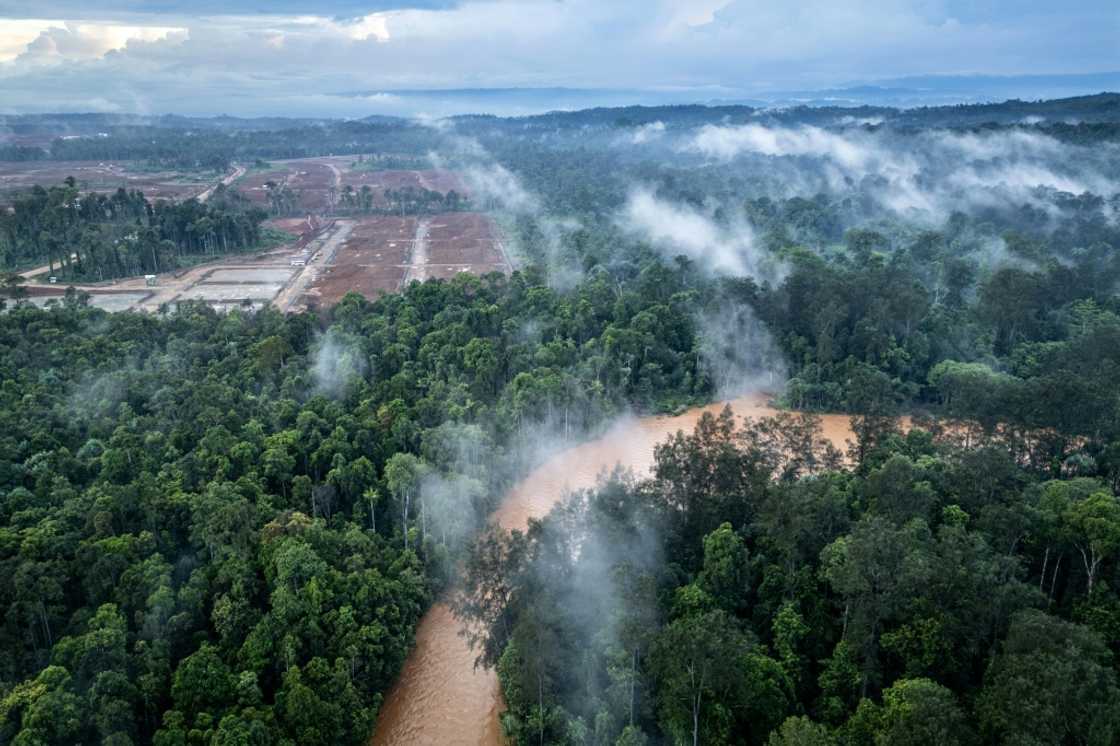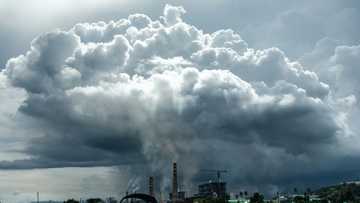Norway sovereign wealth fund drops French miner over environmental fears

Source: AFP
Norway's sovereign wealth fund said Friday it was excluding French mining company Eramet from its portfolio, citing risks that the company was contributing to human rights violations and environmental damage at a nickel mine in Indonesia.
Managed by the country's central bank Norges Bank and fuelled by Norway's vast energy revenues, the fund is the world's biggest, with a value of nearly $2 trillion and investments in more than 8,600 companies across the globe.
"Norges Bank's Executive Board has decided to exclude the company Eramet SA due to an unacceptable risk that the company contributes to or is itself responsible for serious environmental damage and gross violations of human rights," the fund said in a statement.
As of June 30, the fund had a 0.44 percent stake in Eramet, valued at around $6.8 million, according to fund data.
The decision was made following a recommendation from the fund's ethics council, which cited "an unacceptable risk that the company is contributing to, or is itself responsible for, severe environmental damage and serious violation of the human rights of uncontacted indigenous people".
Specifically the council cited "Eramet's participation in the PT Weda Bay Nickel Joint venture, which is extracting nickel on the island of Halmahera, Indonesia."
The mining would result in the deforestation of rainforest areas and "the loss of critical habitats for endangered and endemic species", the council said, adding it also threatened the survival of indigenous people "in voluntary isolation".
An AFP investigation earlier this year showed its effects on members of one of the country's last isolated hunter-gatherer communities -- the Hongana Manyawa Indigenous tribe.
The community, parts of which remain uncontacted, says the forest they have long relied on for food and shelter is being destroyed by deforestation and environmental degradation linked to the mine.
Weda Bay Nickel has denied the allegations and says it is committed to "responsible mining and protecting the environment".
Source: AFP


